Why Korean thinks that 你吃飯了嗎(ni chi fan le ma)(밥 먹었니)sounds like Korean's bad word? What is the bad word? | HiNative

ARISA Official Fan Club - "Il mio barboncino mi ha fatto sentire libera" questa settimana su Radiocorriere Tv http://www.radiocorrieretv.rai.it/raccolta/n-4-anno-89/ | Facebook
Iconologia . le ma»ni,6 e le labra coralli^E ghirlande le fan di Varij fiori,ScherX^ndo fecot [mi lafcifti amori, S T A M f Ai DOnna dera Virile, veftita di color Sian»cocotppsitito

Le cose maragliose dell'alma citta di Roma : anfiteatro del mondo . trionfi in Campido^io.et volte poi par dritto a mandeftra,che vedrete il caftellojche era proprio la fepoUtura dAdriano Imperatore,nella fomiti
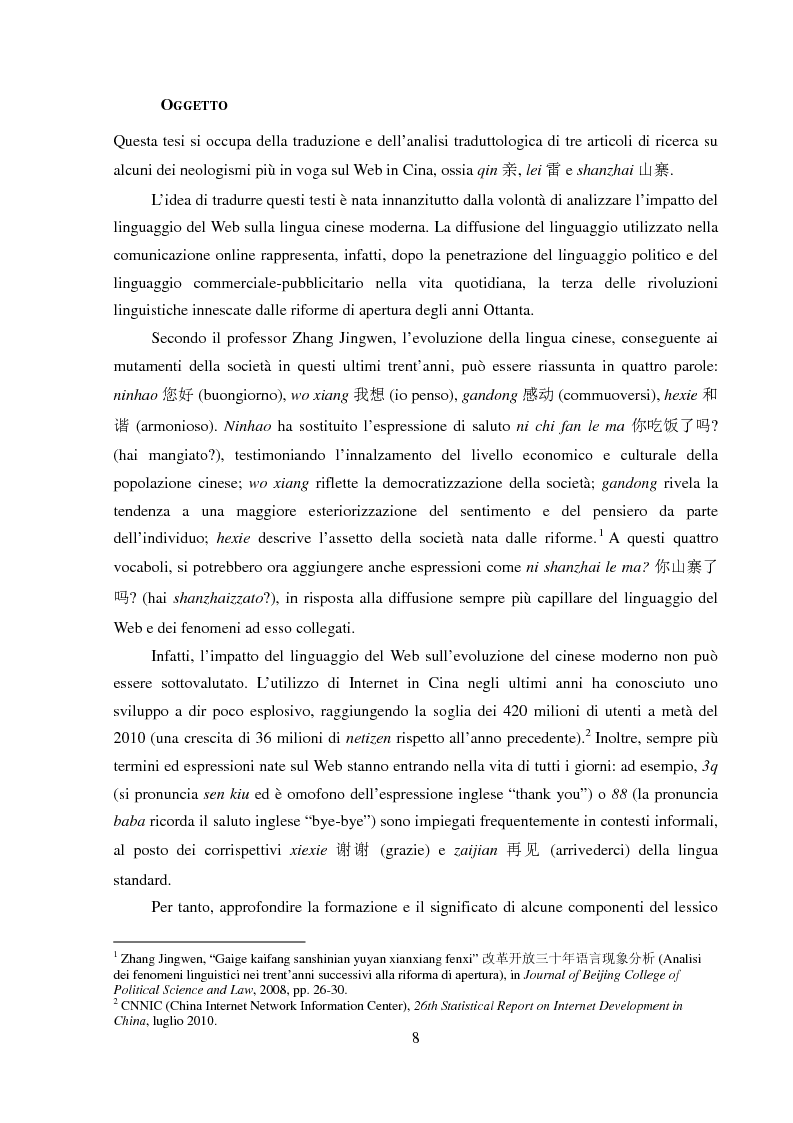
Qin, lei, shanzhai: tre esempi dell'evoluzione semantica del cinese moderno nel linguaggio del Web - Tesi di Laurea - Tesionline
Why Korean thinks that 你吃飯了嗎(ni chi fan le ma)(밥 먹었니)sounds like Korean's bad word? What is the bad word? | HiNative

kay ⁷ в Twitter: „“Stop saying nonsense, you're draining my energy. Don't you even think about talking behind me, I'm quick-witted. I bite you with my teeth to drain your blood. Did

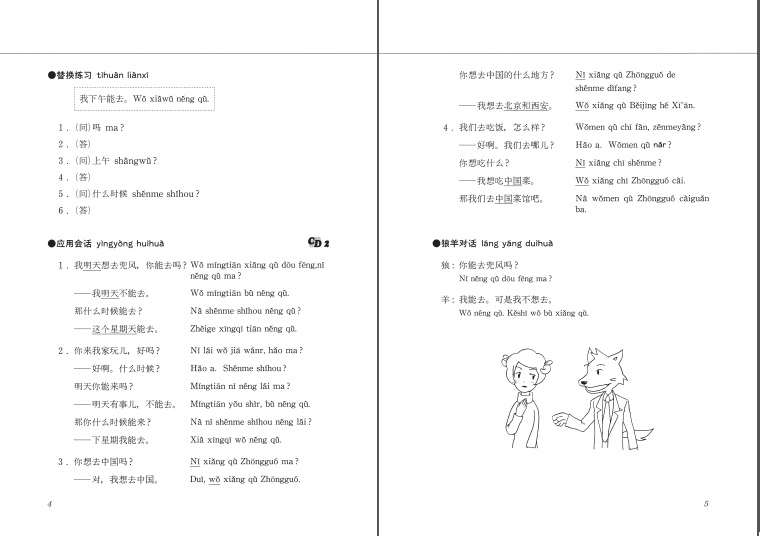
![你吃(饭)了吗? [nǐ chī (fàn) le ma?] - YouTube 你吃(饭)了吗? [nǐ chī (fàn) le ma?] - YouTube](https://i.ytimg.com/vi/q0EYvo6UsYM/hq2.jpg?sqp=-oaymwE8CKgBEF5IWvKriqkDLwgBFQAAAAAYACUAAMhCPQCAokN4AfABAfgBtgiAAoAPigIMCAAQARhSIGUoRDAP&rs=AOn4CLAOq8RWK4lgcT2PZ09pMtaxcqGgkA)

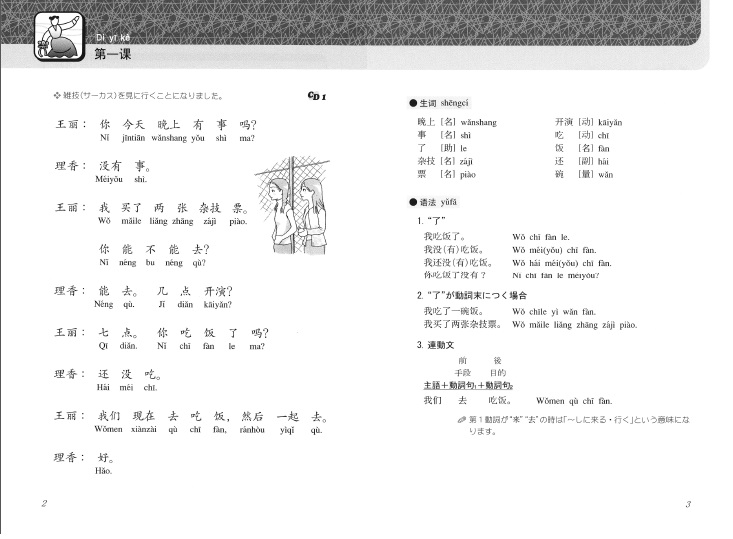


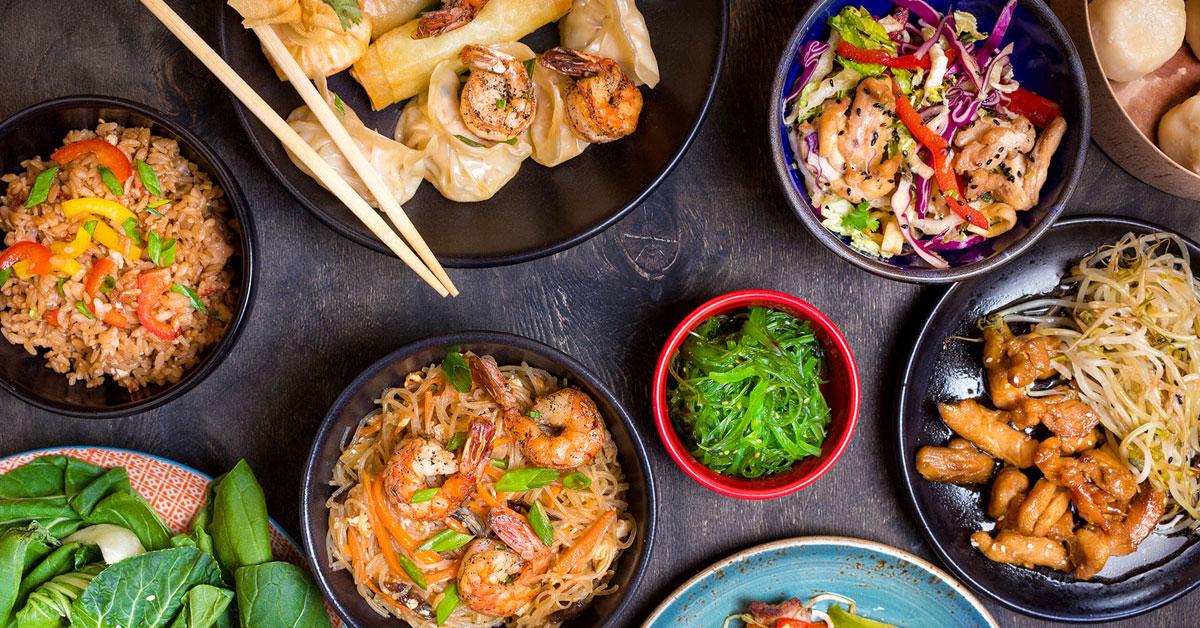

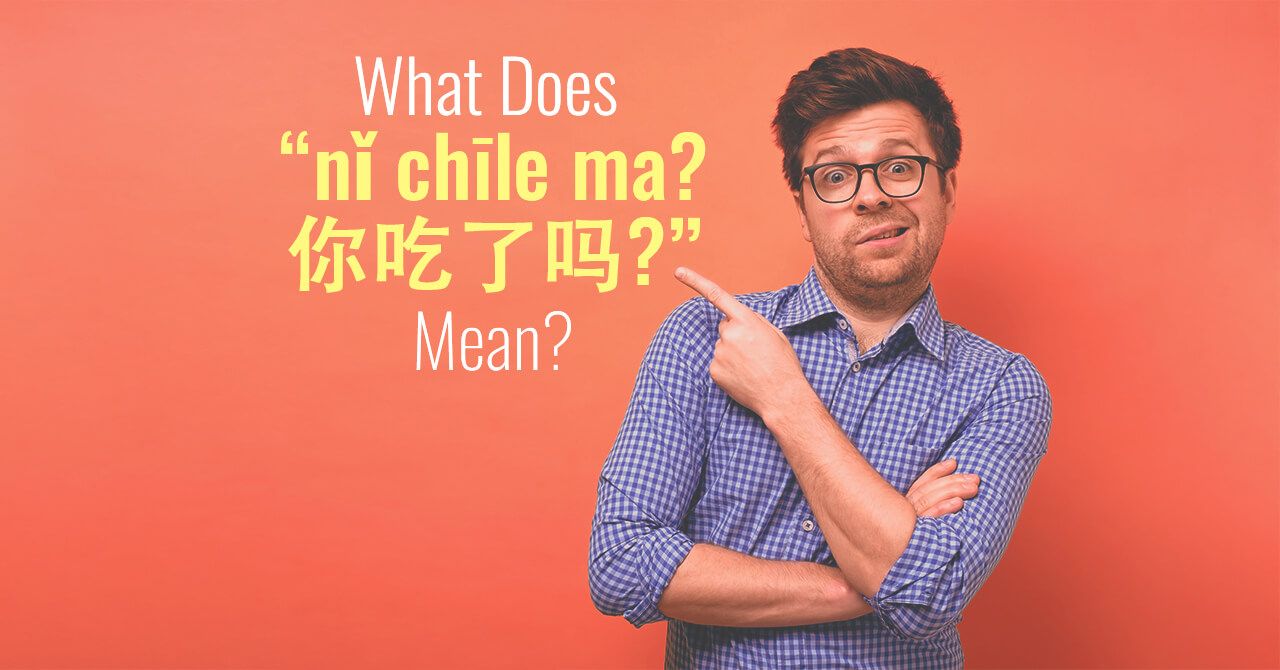
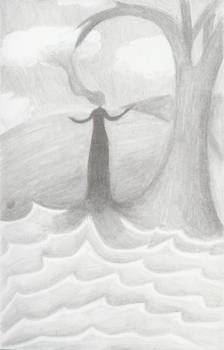
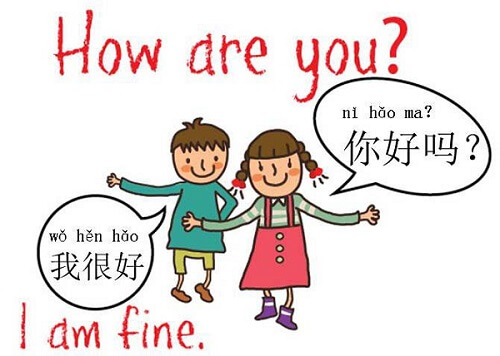
![Beginner Phrase - 你吃了吗?[nǐ chī le ma] | Wiki | Chinese Institute Amino Beginner Phrase - 你吃了吗?[nǐ chī le ma] | Wiki | Chinese Institute Amino](http://pm1.aminoapps.com/6635/79048cf5970d235d8479b084f691ee0d10946141_00.jpg)
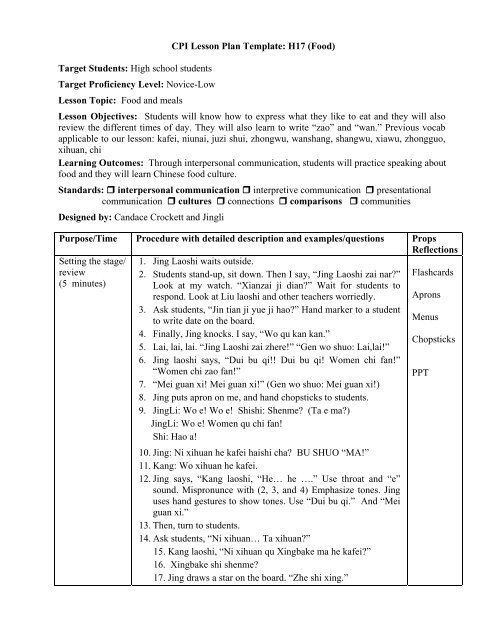

![你吃(饭)了吗? [nǐ chī (fàn) le ma?] - YouTube 你吃(饭)了吗? [nǐ chī (fàn) le ma?] - YouTube](https://i.ytimg.com/vi/q0EYvo6UsYM/frame0.jpg)
![你吃(饭)了吗? [nǐ chī (fàn) le ma?] - YouTube 你吃(饭)了吗? [nǐ chī (fàn) le ma?] - YouTube](https://i.ytimg.com/vi/p0sOkuTx4LE/maxresdefault.jpg)
